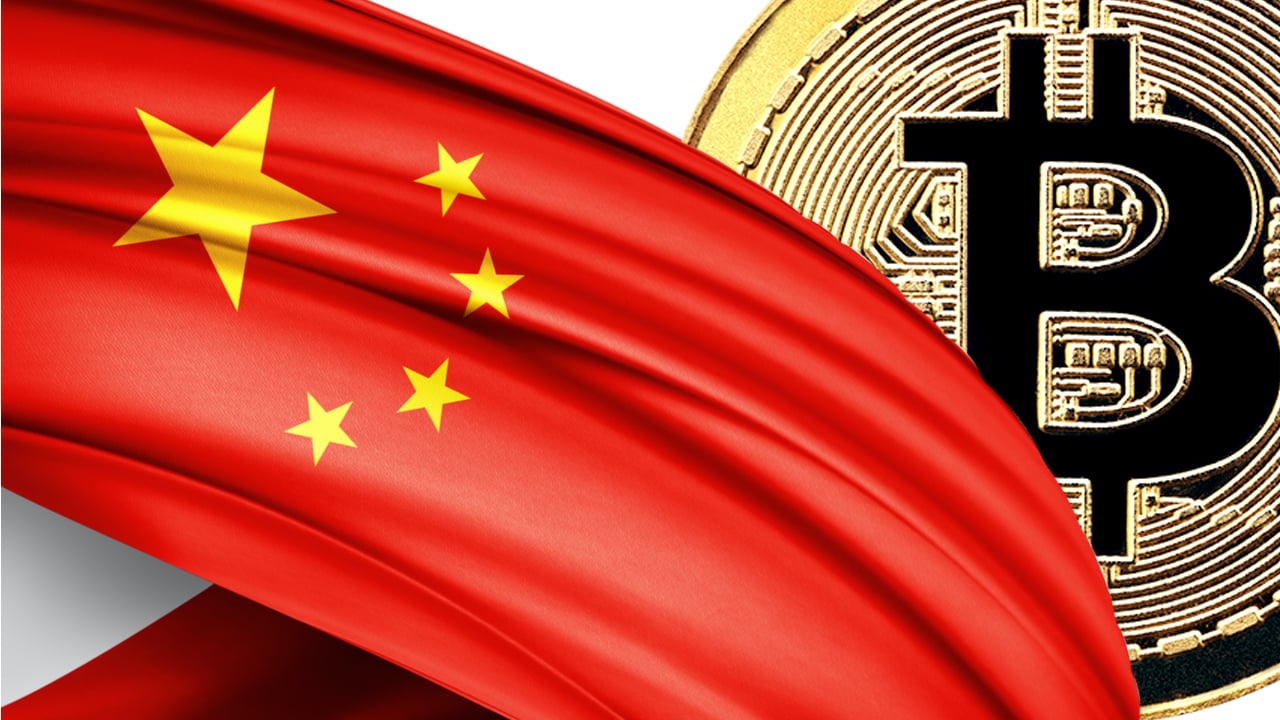
Many in the crypto space are calling for the U.S. to assert its foundational principles by implementing crypto policies in opposition to China.
In the wake of yet another iteration of China’s enduring crackdown on cryptocurrency, a particularly influential narrative on Crypto Twitter suggests that by banning Bitcoin (BTC), China has definitively put itself on the dark side of the struggle, while the collective West must now resolutely throw its weight on the opposite side by embracing crypto.
Granted, this framework for thinking about the relationship between political power and decentralized finance is appealing for crypto allies. Yet the news coming out of the United States gives few reasons to believe that policymakers there see the situation this way.
It appears that U.S. elites are bent on preserving the incumbent financial order and restricting the growth of the digital asset space, if with a less heavy-handed toolset than their Chinese counterparts. This middle-of-the-road approach is more likely to land the U.S. somewhere in the center of the dark/light continuum spanning from China to the still-unattainable ideal of a society that had embraced a fully disintermediated financial system.
China’s many crypto bans
The Friday statement by the People’s Bank of China that caused a short-lived crypto market crash is at least the 19th instance of a noticeable FUD wave that could be traced back to the Asian superpower in the last 12 years. Not only do the hostile moves historically fail to deter the global growth of the crypto space — sometimes they spell massive advancements for Bitcoin and co. in the medium term.
U.S. regulators: More of the same
Over in the U.S., Securities and Exchange Commission Chair Gary Gensler sat down with The Washington Post’s David Ignatius to specifically talk crypto. We haven’t learned much new, as Gensler chose to resort to a collection of tired analogies (and a few newer ones) to double down on his controversial stance that most digital assets are securities. Talking about stablecoins, the SEC boss likened them to “poker chips at the casino.”
Meanwhile, the nation’s largest banking regulator, the Office of the Comptroller of the Currency, could finally get a permanent chief in Cornell professor Saule Omarova. Omarova is a vocal critic of both big banks and crypto — as something allegedly benefitting “the dysfunctional financial system we already have.”
Enforcement against crypto infrastructure?
The Treasury Department last week added Russo-Czech over-the-counter crypto platform Suex to the list of Specially Designated Nationals with which U.S. persons are prohibited to deal. This marks the first time when a digital asset services provider gets targeted by U.S. sanctions.
Suex got punished for allegedly helping cybercriminals process ransomware payments. While it is unlikely that many legitimate U.S. individuals and businesses have been moving funds through this particular broker, the move can be indicative of the Biden administration’s emerging policy of targeting centralized venues of the digital asset ecosystem.







